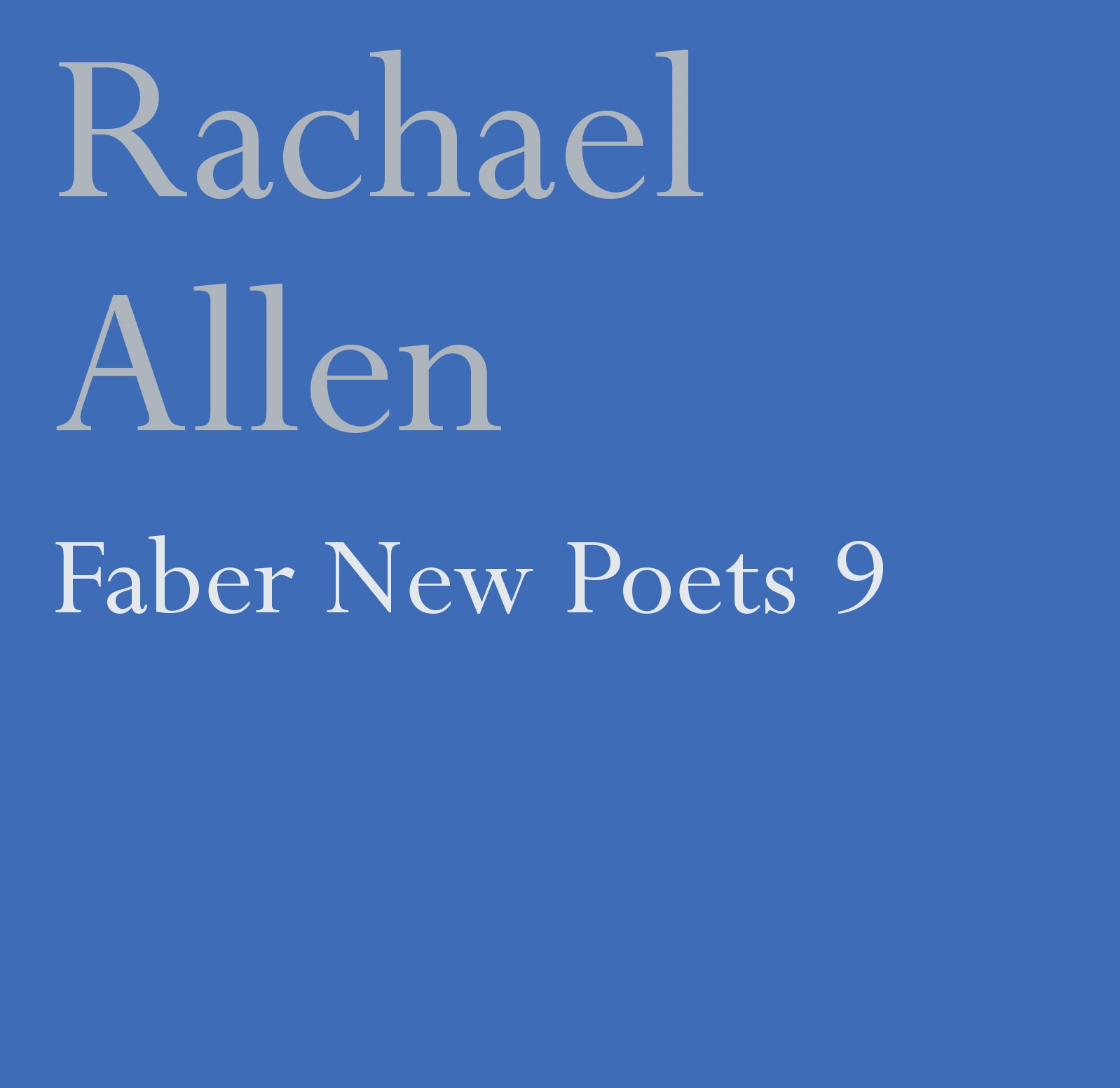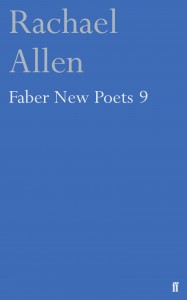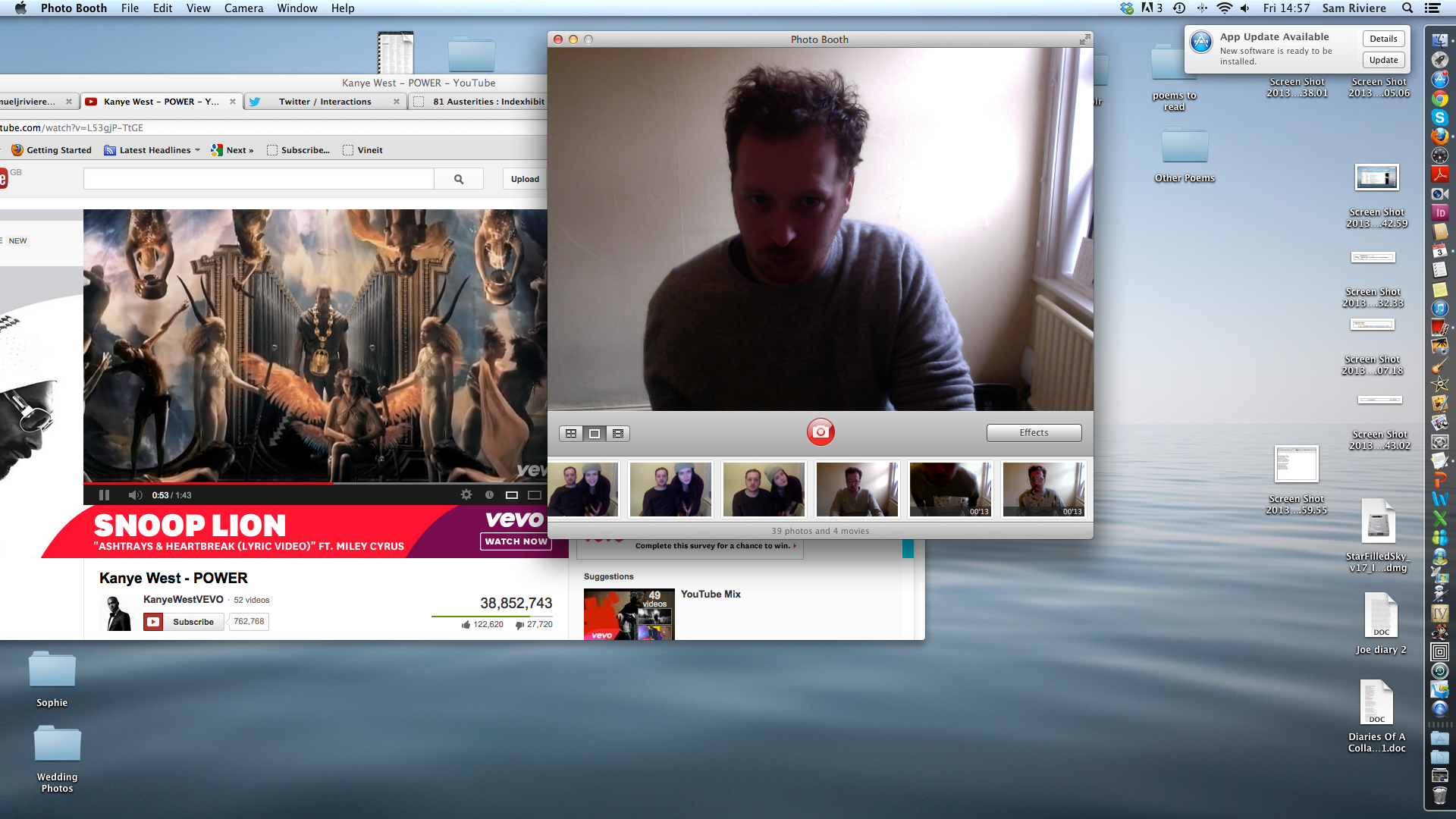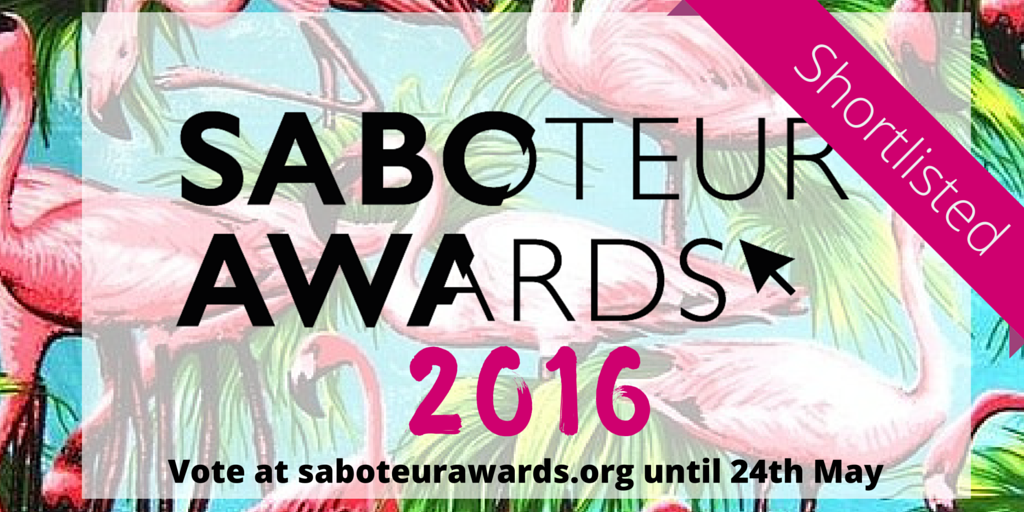Faber New Poets 9 by Rachael Allen
-Reviewed by Charles Whalley–
Rachael Allen writes nervous poems of suppressed menace. In her debut pamphlet, the speakers are “always expecting / something to happen”(‘Regional Tendencies’), awaiting some approaching cataclysm like the “resigned” frogs “being swept downstream glassy-eyed and knowing towards the / open mouth of a drain” (‘Transportation’). In the poems’ strange perceptiveness, there is always a sense of impressions being sharpened by dread, of things imbued with the unheimlich. (In ‘I’, the speaker asks: “Why is no one as terrified as me?” Allen is at times almost gothic.) In this tone she resembles Kate Kilalea – “like teeth in the mouth of a laughing man / who walks backwards into night”(‘Kingdomland’) echoes Kilalea’s “The trees walk backwards into the dark” from ‘Hennecker’s Ditch’ – or Emily Berry, or Sophie Collins, her co-editor for tender. The constant threat is not so much of violence (although the hint of male aggression is often there) but of the social orders imprinted and enforced by shame, suburbia’s secret language. For instance, ‘Kingdomland’ begins:
The dark village sits on the crooked hill.
There is a plot of impassable paths towards it,
impassable paths overcome with bees, the stigma that bees bring.
A path may only be “overcome” in the sense of being overrun or covered over, although here it implies emotional exhaustion. The paths are overcome with the “stigma that bees bring”, which extends what one normally fears from bees, their sting – and ‘sting’ is in “stigma[…]bring” – , into instead the emotional suffering that follows. (A stigma literally means a mark on the skin left by pricking or branding as a sign of infamy.) And these are social pains, imposed by others. The sense then is that paths are emotionally, not physically, “impassable” because of the social landscape of the village, which is, we are told later in the poem, “full of tragedies.” Impassable becomes an emotional reality.
In the poems, suburbia is the static “trapping net” (‘Cute/Male’), where the speakers are caught within domesticity’s resentments, its distant motorway rumble of others’ bitterness and infidelities, where frustrated anger and desire, without release, settle and fester into bad habits. In ‘Sunday’, first published in an earlier version in The White Review, Allen explores the possibilities for releasing these frustrations. It describes some men camping on waste land near a supermarket, finding some escape in its “burnt stubble” from their domestic lives, but also from the lives the world promised to them. The “paddling pools” in the warehouse “are torture saying Florida! Florida! Florida! forever” in that they represent these dreams (or “combined nightmares”) that are impossible to realise. The light from the “motorway” is “not luminescent or romantic like the glow-gore/of signs in America that say M O T E L,” in that the waste land, the “spinney and shrub”, doesn’t resemble a film or advertisement, and so is a non-place, free from the energies built-up by being sold better living through paddling pools. In the final stanza, the frustrated tension, as in the “rats rutting as a closed door would be punched over/and over again,” has been released, and the campers go back to their “quiet estate,” their un-American “Tamblin Avenues and / Hollyhock Gardens.” They “flick through the catalogues,” back to passively consuming the promises of toys and paddling pools, and we can “rest assured things will stay as they are”. This ambiguous final phrase suggests resignation and despair as much as reassurance, and almost hums with the tension.
Half of the poems, appearing on the verso through the pamphlet, are named after boards on the notorious website 4chan, responsible for inflicting countless memes, as well as the political activist group Anonymous, on an unsuspecting internet. From the hasty typing of message boards these poems get their dense, almost frantic, chattiness and rapidity. They also show the influence of Sam Riviere, but unlike Riviere’s poems, whose grown-up speakers can only attempt droll irony to outmanoeuvre their superficiality, Allen’s poems explore identities in anxious formation, as children negotiate their selves into the spaces the social world will give them, cramped by the boundaries of shame and stretched by new experience (often of developing sexuality). These experiences are so frequently mediated by culture, by cartoons or porn, that the recirculating, endless present of the internet continually provokes a very personal nostalgia, a sense of time that Allen likes to explore in her poems, of past and future being pushed into overlapping parallels, of the perspective of looking back from the future at causes as well as consequences. This perspective, for instance, reflects on childhood experience without the distance to interpret it, so the emotional problem is still active and often almost unbearable, constituting the drama of the poem.
In these poems, lives are meaningful in that they are laden with inevitability, in that our world shapes us through forces experienced only uncertainly, operating through the processes through which we shape our identities within the social world. As an outlook it’s sensitive and humane, in that it’s conscious of the mundane, inescapable implications of circumstance, and alive to our interconnectedness, to how much of our lives are not our own, and to how we may suffer from it. It gives the poems great emotional tension and weight, matched with pace, precision and technical cleverness. ‘Sunday,’ ‘Regional Tendencies’ and ‘Goonhilly’, are, I think, amongst some of the most interesting and exciting poems published in the UK in the last few years. As co-editor of Clinic and of the aforementioned tender, Allen is best placed as part of the “the S/S/Y/K, Faber new poets, Norwich, London, Poetry London scene”, which would include all of the poets mentioned above (except Kilalea), and her reputation has been growing for a while. Faber New Poets 9 has a few flat moments – the final poem, ‘Old Fears Are Still Valid’, feels like the scrap lines left over in her notebook, and she’s better writing about people than landscapes – but overall Allen’s pamphlet is a hugely impressive début, and a great example of some of the most exciting new poetry in the UK today.





